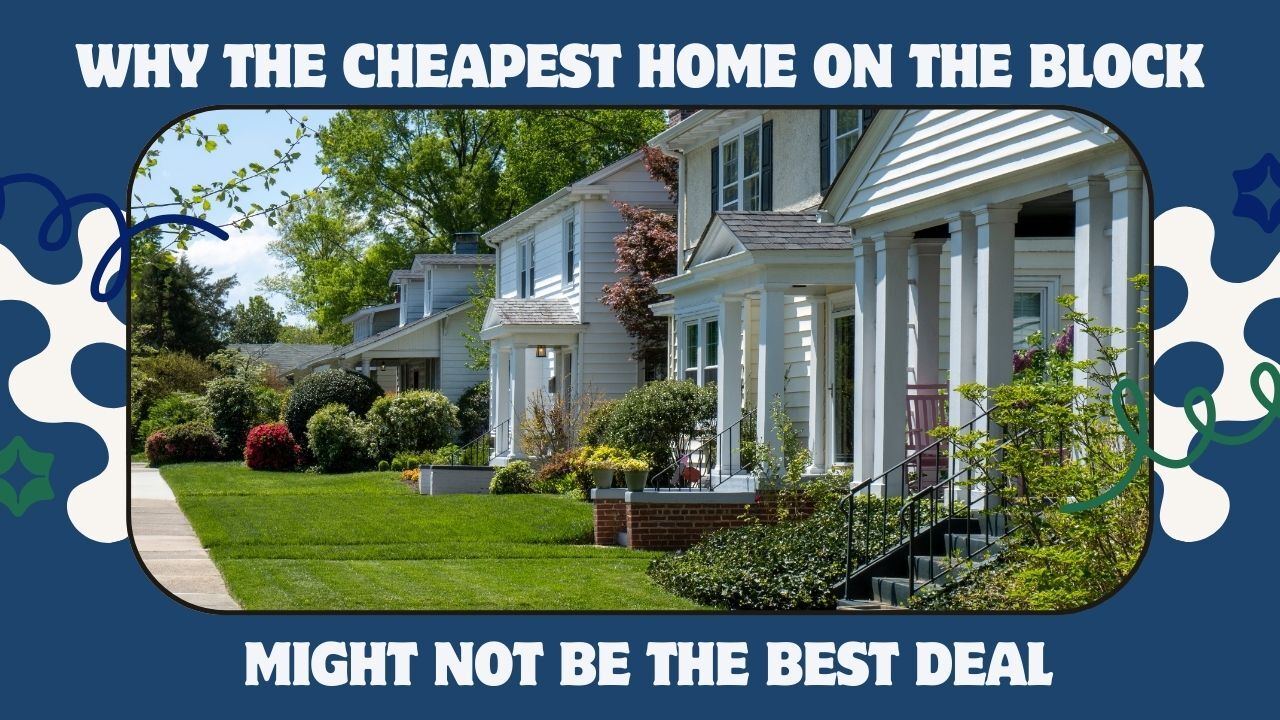 Your backyard has the potential to be more than just an outdoor space, it can become a personal retreat, a place to unwind, entertain, and make lasting memories. With a few simple enhancements, you can transform your yard into a stylish and functional oasis that you’ll love spending time in. Here are some easy and affordable ways to elevate your outdoor space.
Your backyard has the potential to be more than just an outdoor space, it can become a personal retreat, a place to unwind, entertain, and make lasting memories. With a few simple enhancements, you can transform your yard into a stylish and functional oasis that you’ll love spending time in. Here are some easy and affordable ways to elevate your outdoor space.
Define Your Outdoor Living Areas
Start by considering how you want to use your backyard. Do you envision a serene escape for quiet mornings, a vibrant social hub for gatherings, or a mix of both? Defining different zones such as a lounging area, dining space, and garden retreat, will help bring structure to your design. Use outdoor rugs, potted plants, or decorative stones to create natural separations between these spaces.
Invest in Cozy and Functional Seating
Comfortable seating is essential for creating a welcoming backyard. Lounge chairs, hammocks, or cushioned benches provide cozy spots to relax. For an affordable option, consider DIY pallet furniture or repurposed materials to craft unique seating arrangements. Weather-resistant cushions and throws add both comfort and style while ensuring durability.
Set the Mood with Lighting
The right lighting can completely transform your outdoor ambiance. String lights draped across a pergola or along a fence add a warm glow, while solar-powered lanterns and pathway lights enhance both safety and aesthetics. For an intimate touch, place LED candles or lanterns on tables and seating areas.
Bring Life to Your Space with Plants
Lush greenery and colorful flowers instantly breathe life into any backyard. Whether you opt for potted plants, vertical gardens, or flower beds, incorporating nature into your space enhances its charm. Choose low-maintenance plants like succulents, herbs, or native species that thrive in your climate with minimal upkeep. Hanging planters and trellises also work well for smaller spaces.
Add Shade for Comfort
A comfortable backyard should offer a balance of sun and shade. A large patio umbrella, retractable awning, or pergola can provide relief from the heat. If you prefer a natural approach, consider planting trees or installing a trellis with climbing vines to create a green canopy.
Make a Statement with a Focal Point
A well-placed focal point adds character to your backyard. A fire pit invites cozy gatherings, while a small fountain or pond creates a soothing atmosphere. If space is limited, a colorful outdoor rug, a unique sculpture, or a striking piece of wall art can serve as eye-catching elements.
Incorporate Entertainment Features
Turn your backyard into the ultimate hangout spot by adding entertainment options. A grilling station or small outdoor bar makes hosting a breeze, while a cornhole set, dartboard, or outdoor projector ensures fun for all ages. Whether it’s a casual dinner or a movie night under the stars, having engaging activities will make your space even more enjoyable.
Enhance Privacy for a Cozy Feel
A sense of seclusion makes any backyard more inviting. Use tall plants, privacy screens, or decorative fencing to block unwanted views and create a more intimate setting. Outdoor curtains or bamboo panels offer flexible solutions to enhance privacy while adding a stylish touch.
Keep It Clean and Organized
A clutter-free backyard feels more spacious and welcoming. Invest in smart storage solutions like weatherproof storage benches or deck boxes to keep cushions, tools, and accessories neatly tucked away. Regular maintenance, such as trimming plants, cleaning furniture, and sweeping patios, will help preserve the beauty of your outdoor retreat.
Add Personal Touches
Finally, make your backyard truly yours by incorporating elements that reflect your personality. Decorative pillows, outdoor-friendly artwork, or handcrafted décor pieces add charm and uniqueness to your space. Whether it’s a favorite color scheme, a cozy reading nook, or a DIY garden feature, small personal touches can make a big difference.
With these simple updates, you can create a backyard that is both functional and inviting a space where you can relax, entertain, and escape the everyday hustle. Start small, and soon, you’ll have an outdoor oasis that feels like an extension of your home.

 In a competitive real estate market, buyers may feel pressured to make their offers more attractive by waiving contingencies—especially the home inspection. While skipping a home inspection might seem like a way to speed up the buying process or make an offer stand out, it can be a costly mistake with long-term consequences. Here’s why a home inspection should always be part of your home-buying process, no matter how competitive the market is.
In a competitive real estate market, buyers may feel pressured to make their offers more attractive by waiving contingencies—especially the home inspection. While skipping a home inspection might seem like a way to speed up the buying process or make an offer stand out, it can be a costly mistake with long-term consequences. Here’s why a home inspection should always be part of your home-buying process, no matter how competitive the market is. Why Location is Everything in Selling a Home
Why Location is Everything in Selling a Home
 Buying a new home before selling your current one can be a smart move, especially in a competitive market where you do not want to risk losing your dream home. However, it requires careful financial planning and a solid strategy to manage the transition smoothly. Here are some of the best ways to navigate this process while minimizing risks and financial strain.
Buying a new home before selling your current one can be a smart move, especially in a competitive market where you do not want to risk losing your dream home. However, it requires careful financial planning and a solid strategy to manage the transition smoothly. Here are some of the best ways to navigate this process while minimizing risks and financial strain. Finding a home at a bargain price can be exciting, especially in a competitive market. However, the lowest-priced home in a neighborhood is not always the best deal in the long run. While it may seem like a smart financial move upfront, there are several factors that could make it a less-than-ideal investment. Here is why buying the cheapest home on the block might not always work in your favor.
Finding a home at a bargain price can be exciting, especially in a competitive market. However, the lowest-priced home in a neighborhood is not always the best deal in the long run. While it may seem like a smart financial move upfront, there are several factors that could make it a less-than-ideal investment. Here is why buying the cheapest home on the block might not always work in your favor.